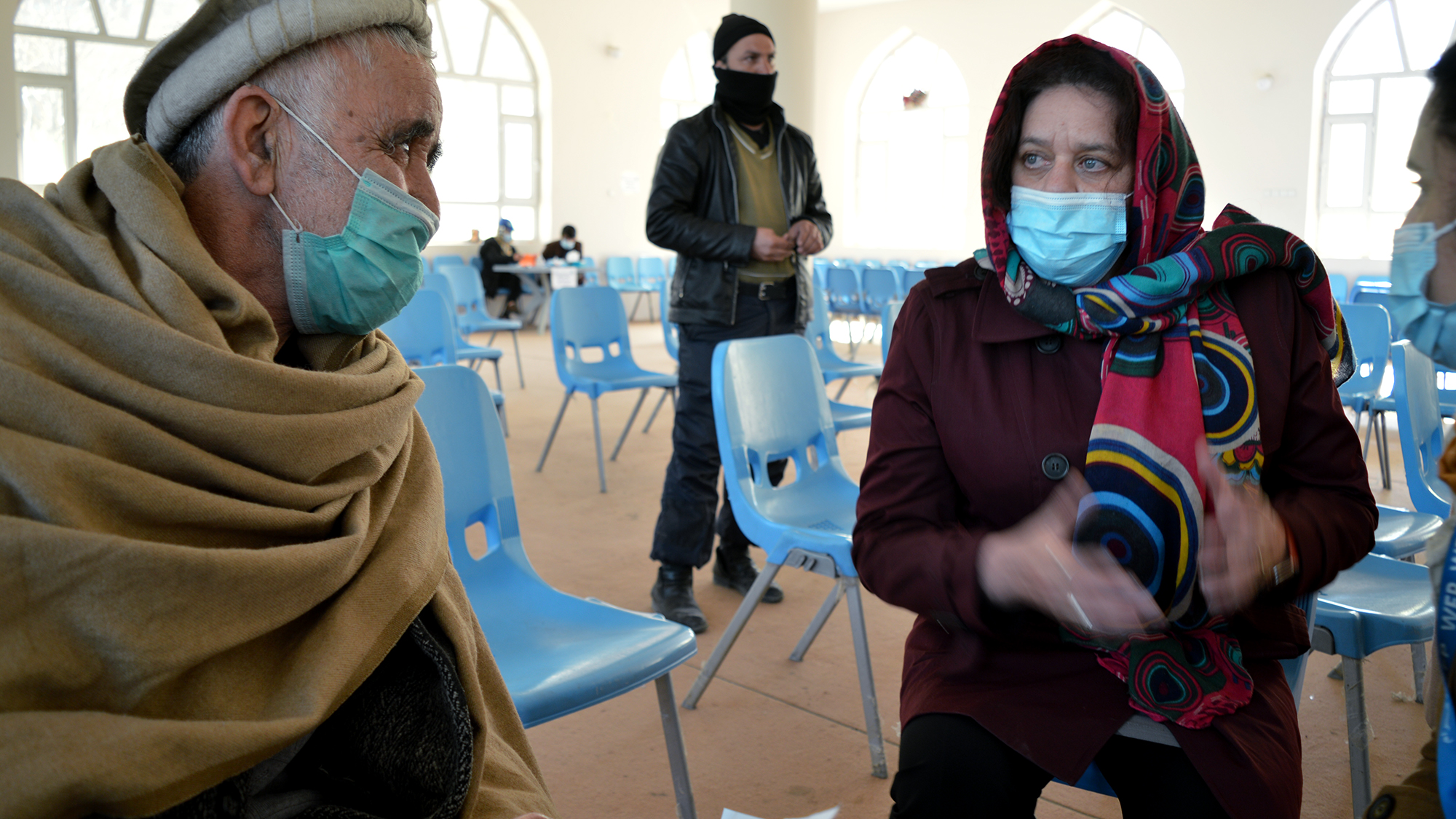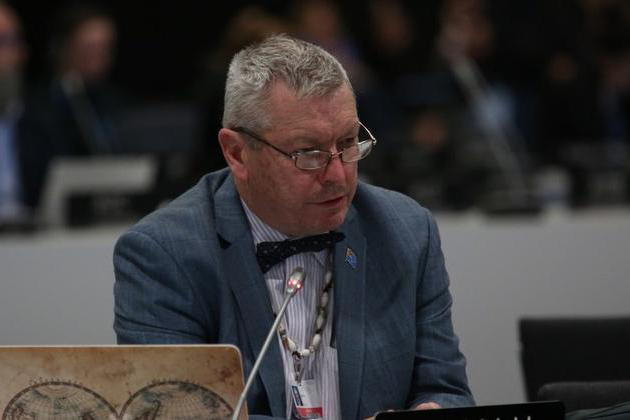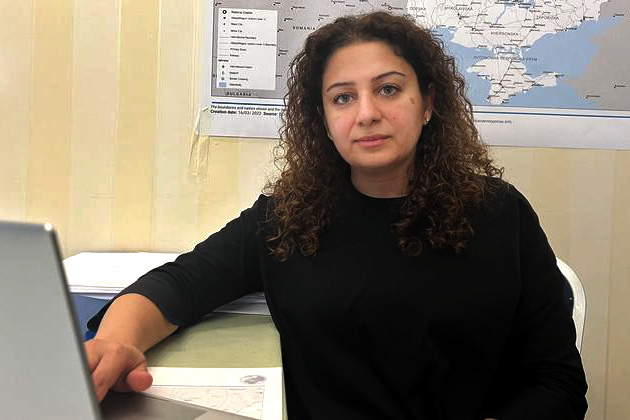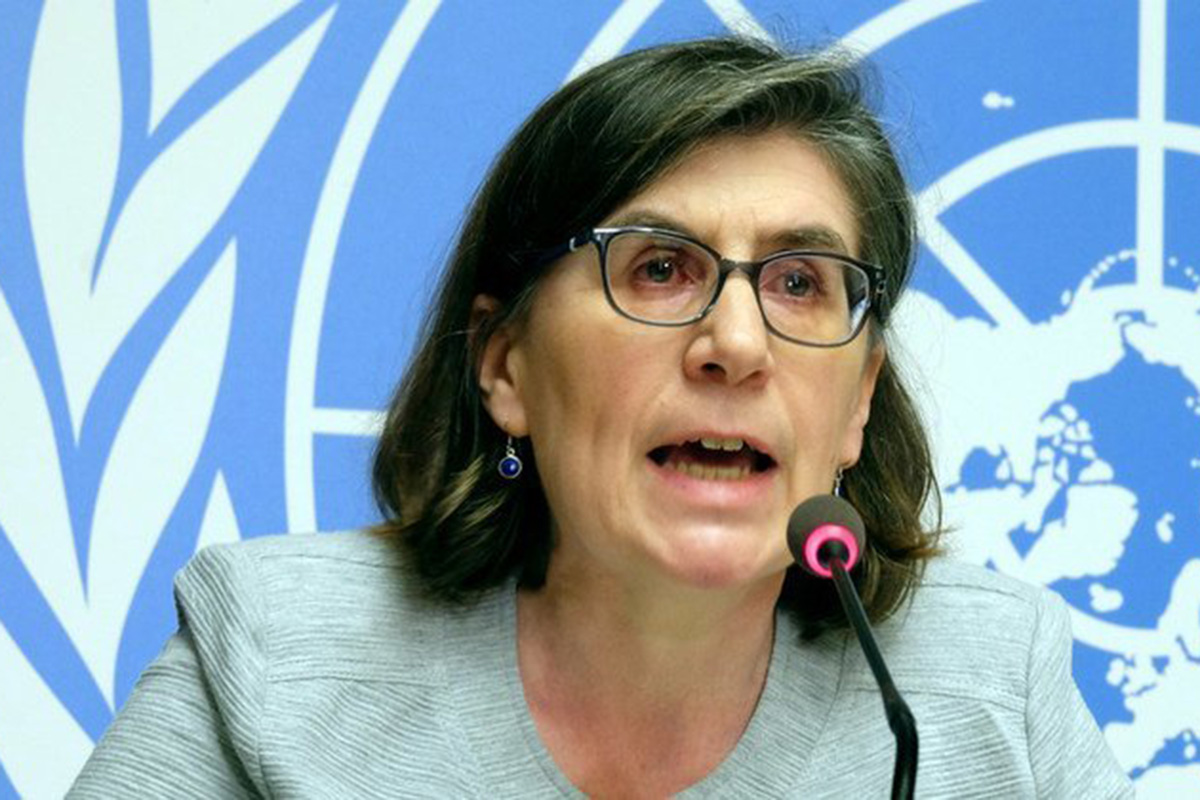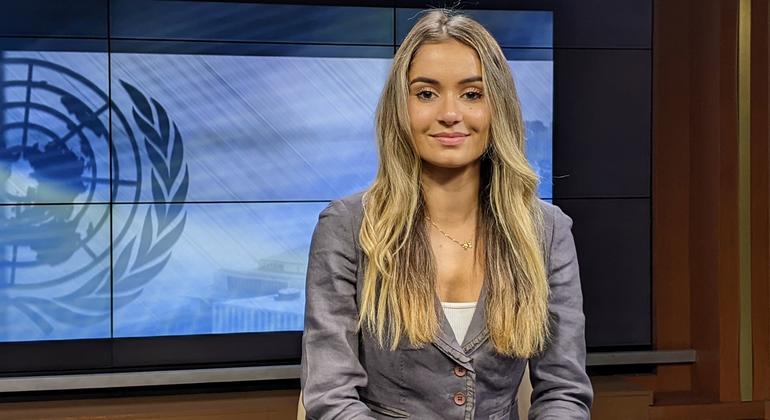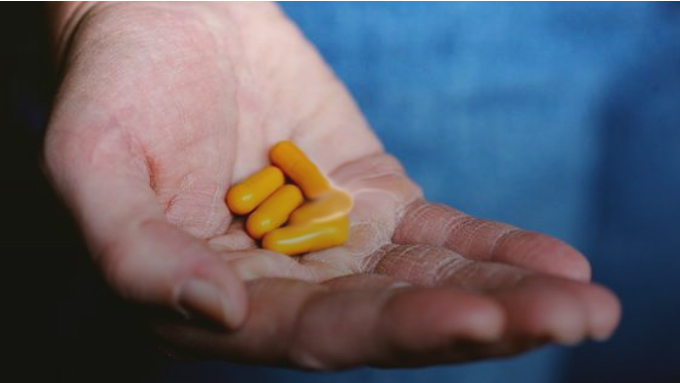“Some days, I sometimes wish I hadn't been here before the 15th of August, because then I wouldn't have seen the hope and the promise and the potential.”
What is it like living and working in Afghanistan as a woman leader of a UN Agency? Mary-Ellen McGroarty witnessed the Taliban takeover in Afghanistan in August 2021. As Head of the World Food Programme (WFP) in the country, she has seen first hand the seismic shift in the economic, political and cultural landscape. Now, over 50% of Afghans are threatened with hunger. People are unable to go out to work either because of the economic crisis or, in the case of millions of women, because of new restrictions on their freedom. In this episode, Mary-Ellen McGroarty reflects on the impact of the takeover, the scale of the ensuing humanitarian crisis, and what it’s like sitting face to face with the Taliban.
Photo: © WFP/Wahidullah AMANI

